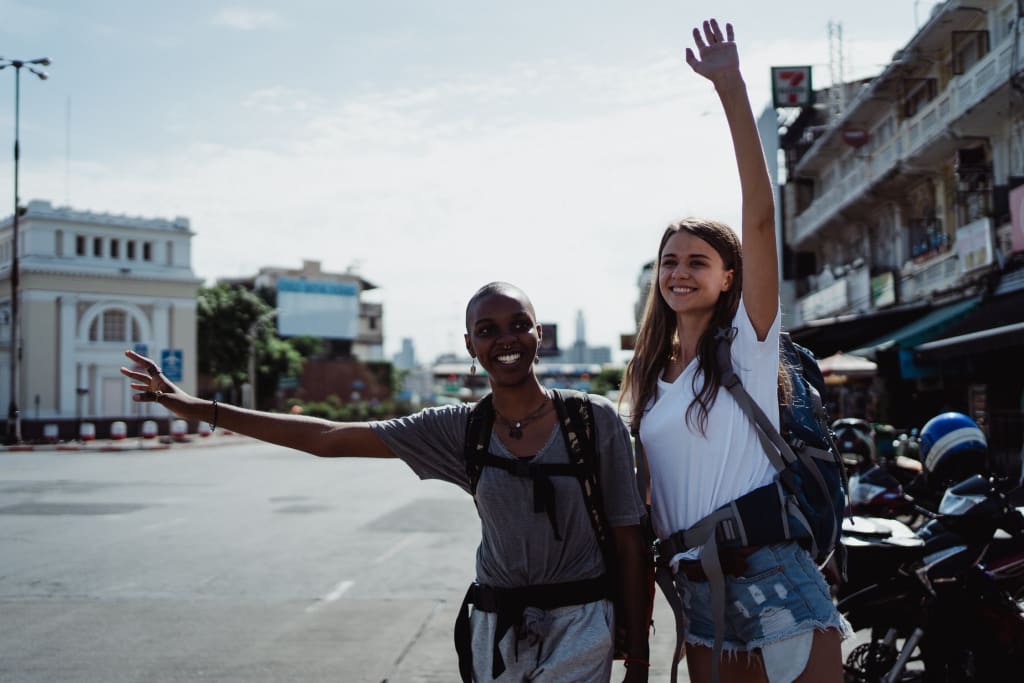The article guides budget backpackers on travelling affordably. It suggests staying at inexpensive places like hostels, guest houses, or opting for volunteer work in exchange for accommodation. Planning a budget, including aspects like food, transport, and emergency funds, is crucial. It advises investing in lightweight backpacks and prioritizing multi-use items when packing. Having travel insurance, eating like the locals or cooking self, and using public transport can add to the savings. The article concludes that a limited budget does not restrict quality experiences and advocates smart planning for budget backpacking.
Budget Backpacking: Where to Stay and What to Know
Introduction
The world is a vast playground for explorers and adventurers. However, the cost of travel can be a significant barrier for many. This article aims to shed light on how to travel the world on a budget, particularly for backpackers who believe in traveling light and cheap. It will cover the types of accommodation to choose and essential tips on budget planning, packing, eating, and more.
Choosing Where to Stay
Hostels
Hostels are a budget traveler’s best friend. They are inexpensive, sociable places with shared rooms (typically bunk beds) and communal facilities. Hostels usually have a kitchen where you can cook your meals, helping you save on food expenses. Websites like Hostelworld and Booking.com are great platforms to find and book hostels anywhere in the world.
Guest Houses and B&Bs
Guest houses and Bed & Breakfasts might not be as cheap as hostels, but they offer more privacy. Opt for these if you are a light sleeper or prefer not sharing your space with strangers. Do your research, compare prices, and read reviews before making a booking.
Volunteering and Work Exchanges
Platforms such as Workaway and HelpX connect travelers willing to work a few hours a day in exchange for free accommodation and sometimes meals. This can be an excellent way to save money, learn new skills, and immerse in the local culture.
Plan Your Budget
It is crucial to outline a budget before you start your journey. Keep in mind factors such as accommodation, food, transport, activities, and emergency funds. Tracking your spending on the road can help you stick to your budget.
Packing Smart
Carry Lightweight Bags
Consider investing in a lightweight backpack with compartments for easy organization. When packing, prioritize multi-purpose items and reduce unnecessary clothing or gear. Remember, whatever you pack, you have to carry.
Travel Insurance
Getting travel insurance is essential. It might seem like an extra expense, but it can save you a lot in case of emergencies, medical fees, or trip cancellations.
Eating on a Budget
Eating out every day at restaurants can quickly eat into your budget. Instead, dine where the locals do, buy groceries and cook, or eat street food. Also, carry refillable water bottles to save on buying bottled water every time.
Transportation
Public transport is your friend while trying to save money. Buses, trains, trams, and metros are an economical way to get around. Also, consider using ride-sharing apps or hiring a bike or scooter in places where it’s common.
Conclusion
Traveling on a budget doesn’t mean missing out on experiences. By staying at affordable accommodations, eating local food, planning well, and packing smart, you can see the world without breaking your bank. Happy budget backpacking!
